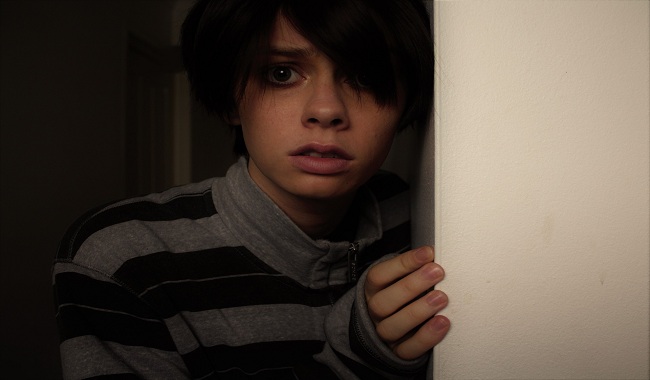
Schizophrenia is a chronic psychiatric disorder that requires lifelong treatment. Treatment has to be continued even when symptoms have subsided. Most cases of schizophrenia can be managed with medications and psychosocial therapy. During periods of acute or severe symptoms, admission in a hospital may be needed to ensure safety, proper nutrition, adequate sleep and basic hygiene.
Table of Content:-
A psychiatrist (doctor, who specialises in care and treatment of mental health disorders), who has experience in treating schizophrenia, generally plans and directs the treatment.

Medications
Long-term medications are the key to successful management of schizophrenia. Antipsychotic medications (atypical and conventional or typical, antipsychotics) are the most commonly used medications to treat schizophrenia. These probably work on the brain neurotransmitters dopamine and serotonin and control the symptoms.
The medication that the doctor recommends also depends on the person's willingness to cooperate with treatment such as if the person is uncooperative, he or she may need to be given injections instead of a pill, a person, who is agitated may be given benzodiazepine such as lorazepam (Ativan) to calm him/her (along with an antipsychotic). Medications used for treating schizophrenia can cause significant side effects, hence patients are often unwilling to take them.
Atypical antipsychotics: Newer or atypical antipsychotics (such as aripiprazole, clozapine, facto, olanzapine, paliperidone, quetiapine, risperidone, ziprasidone) are generally preferred as they have lesser debilitating side effects than conventional medications. Some common side effects of atypical antipsychotic medications are weight gain, diabetes and high blood cholesterol.
Conventional (or typical) antipsychotics: The conventional antipsychotics (such as chlorpromazine, fluphenazine, haloperidol, perphenazine) can often cause potentially significant neurological side effects including the possibility of developing a movement disorder (tardive dyskinesia) that may or may not be reversible. As they are cheaper than newer antipsychotics, they may be considered when long-term treatment is necessary and there are financial limitations.
Symptoms start to gradually improve several weeks after starting a medication. The aim of treatment with antipsychotics is to effectively control signs and symptoms at the lowest possible dosage so that there are minimal side effects. Many different medications at different dosages or combinations may have to be tried before the desired result is observed. Some other medications that may be used to manage symptoms in a person with schizophrenia include antidepressants or anti-anxiety medications.
Psychosocial Treatments
Medications form the cornerstone for the management of schizophrenia, but after symptoms of psychosis are controlled, long-term psychosocial treatments are also important. These may include:
- Social skills training-it aims to improve the person’s communication and social interactions
- Family therapy-response to treatment is better when the family is supportive. Therefore, it becomes important to educate families dealing with schizophrenia
- Vocational rehabilitation and supported employment-it focus on helping the person to find and keep a job
- An individual therapy-the patient is educated to cope with stress and identify early warning signs of relapse so that he/she can manage his illness better
If you think that any of your family or friend has schizophrenia, you can help them by getting them properly evaluated and treated. Response to treatment is better when it is started early in the illness.
Read more articles on Sleep Disorders.
For more such articles, Download OnlymyHealth App.
Read Next
Tackling Stress with Pets
How we keep this article up to date:
We work with experts and keep a close eye on the latest in health and wellness. Whenever there is a new research or helpful information, we update our articles with accurate and useful advice.
Current Version
